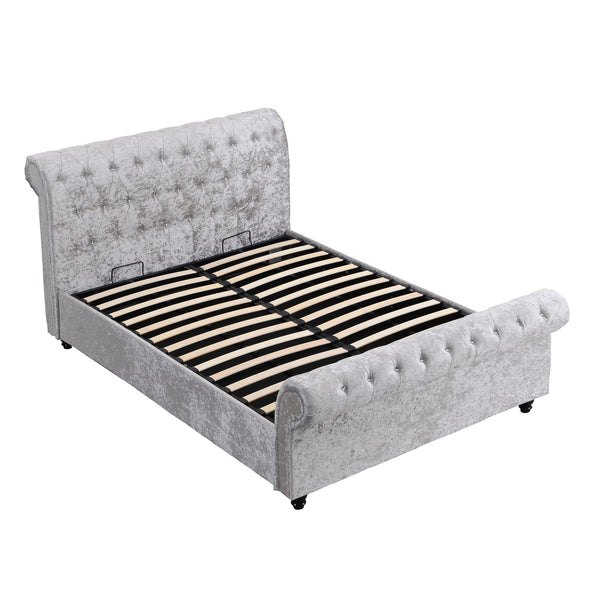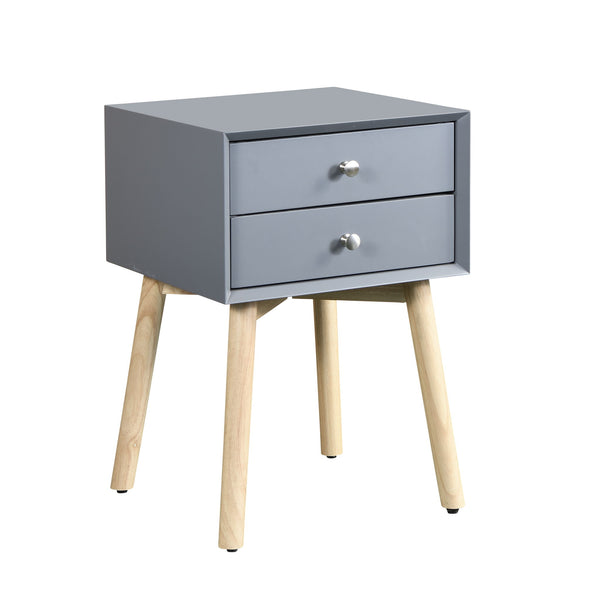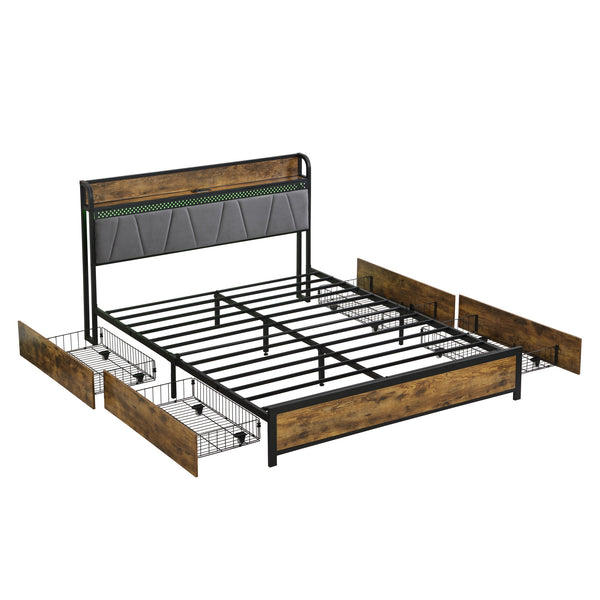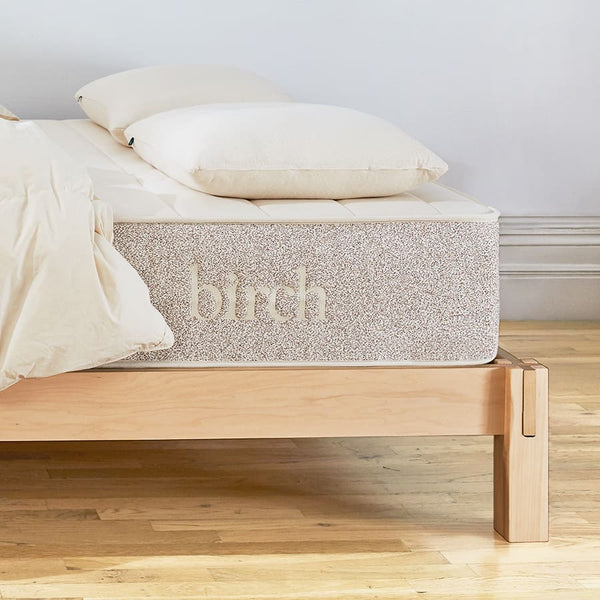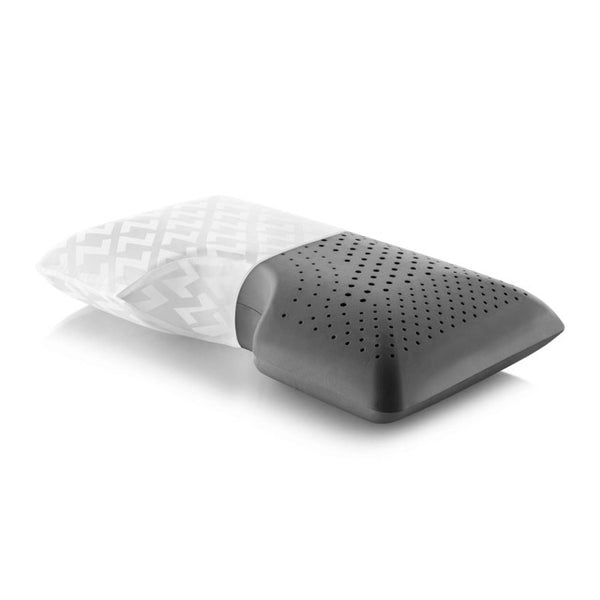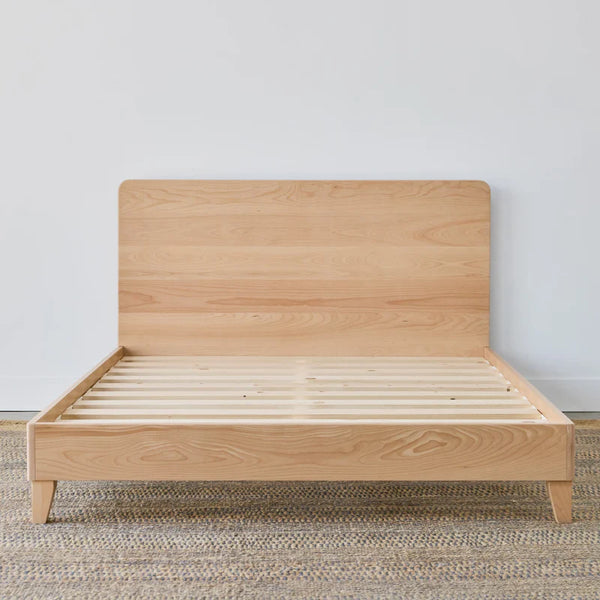
Children with autism often struggle to sleep. Even when parents establish a relaxing bedtime routine, their child may still find difficulty falling or remaining asleep.
Autism-related sleep difficulties can stem from various issues, including: low levels of melatonin, night terrors, restless sleeping and sleepwalking.
Problems falling asleep
Many young people with autism experience difficulty sleeping due to restricted and repetitive behaviors like lining up toys or rocking; anxiety; sensory problems and difficulty paying attention may all cause sleep disruptions; wet diapers may lead to bedwetting requiring toilet visits during the night resulting in disturbed restful slumber which in turn results in symptoms like irritability, anger and difficulty learning being increased by this lack of restful slumber.
Sleep difficulties for children and teenagers with autism remain unclear, although possible explanations include their extreme sensitivity to noise and light, difficulty with reading social cues and an overreactive tendency when feeling uncomfortable. Furthermore, lacking a regular bedtime routine and calm and quiet sleeping environment might contribute to their difficulties sleeping.
Treatment options exist for autistic individuals’ sleep issues, particularly children. Doctors usually begin with non-pharmacological solutions first such as implementing sleep hygiene practices and discouraging habits or behaviors which interfere with sleeping. For adults suffering insomnia who also have autism, acceptance and commitment therapy (ACT) has proven useful as an intervention method.
However, behavioral changes alone may not be enough to help other children sleep through the night. In such instances, it is advised to visit a pediatrician or healthcare professional with experience treating autism and sleep disorders to discuss treatment options and refer you to specialists if necessary. It should be noted that it may take some time and patience when dealing with such issues.
Difficulties staying asleep
Children with autism frequently experience sleep disruptions that interfere with daily activities and cause frustration and stress, further compounding behavioral challenges and impairing learning abilities, thus diminishing overall quality of life. Luckily, there are ways to address sleep issues related to autism and provide all family members with restorative restful slumber.
Many factors that contribute to autism spectrum disorder (ASD) also play a part in sleep issues, including anxiety and GI disorders, medication side effects, snoring, night terrors and nightmares, restless sleep, obstructive sleep apnea, insomnia, movement disorders and iron deficiency. Furthermore, certain therapies and medications may improve or even eliminate these problems for individuals living with ASD.
No child should experience difficulty sleeping regularly and regularly; this is particularly challenging for those living with autism. Experts often attribute autism and sleep disorders together because their circadian rhythms, or daily cycles, regulate various bodily processes including production of the sleep hormone melatonin.
Making bedtime routines that you follow and sticking with them are great ways to ensure an easier night’s rest. Dark and quiet environments in the bedroom, along with limiting caffeine or sugar before bedtime can all aid sleep, as can sensory aids like weighted blankets, white noise machines or light blocking curtains which provide added comfort.
Studies indicate that taking melatonin, which is produced naturally in your body, may help alleviate sleeping disturbances. To ensure accurate dosage and timing are used. Furthermore, consulting with a doctor about possible medication contributing to sleep issues will allow them to provide suitable prescriptions as needed.
Wakefulness in the middle of the night
Sleep is absolutely crucial for people living with autism to function optimally during the day, according to research. Without enough restful slumber, children suffer more severe behavioral and cognitive issues compared to those who get enough restful zzz’s; additionally they’re likely engaging in repetitive ritual behaviors without purpose as well as having trouble making relationships with peers.
Autistic individuals are at greater risk of awakening during the night due to sensory overload, loud noises, light stimuli or other stimuli which prevent them from returning to sleep. Other possible sources may include social communication deficits, anxiety disorders, digestive problems or health conditions like obstructive sleep apnea preventing restful slumber.
As such, it’s vital that if you or your child are having difficulty sleeping to seek medical advice from a professional. Your family doctor might refer you to a sleep specialist or psychologist for diagnosis and appropriate treatments.
There are various established treatments for autism-related sleep disturbances. While behavioral therapy may help, medications such as melatonin may also be used effectively to address sleep issues; it’s wise to discuss any possible adverse side effects with a healthcare provider prior to beginning any treatments with them.
Studies have proven the effectiveness of physical activity as a treatment for autism. Evidence indicates that children who regularly engage in physical activity, whether yoga, pilates or just running around in the park can benefit greatly from staying active – helping their body rest more restfully at night and also creating relaxation and sense of wellbeing through these activities.
Nightmares
Dreams can be terrifying experiences for both those experiencing them and their loved ones, sometimes leading to post-traumatic stress disorder (PTSD). Nightmares can also be caused by sleep deprivation or medications which interfere with REM sleep – or children watching disturbing media content that stimulates them.
People with autism tend to experience sensory issues, which can contribute to nightmares. They may have hypersensitive hearing and sight that make it harder for them to block out noises or sensations that disturb them during restful sleep, while finding it harder to relax after their day’s activities or cares have concluded – leading them to struggle letting go of worries and fears and simply falling asleep naturally.
Researchers have discovered that people with autism spend far less of their sleeping time in the REM stage than neurotypical individuals, leading to nightmares and disrupting restful REM cycles. Therefore, it is vitally important that your child gets as much restful restful sleep as possible.
This research seeks to investigate the frequency and associations between nightmares in children with ASD/FASD and psychometric outcomes such as sensory sensitivity, anxiety levels and cognition. Online caregiver questionnaires were utilized in this research in addition to standard psychological instruments including Children’s Sleep Habits Questionnaire (CSHQ), Child Behaviour Checklist (CBCL) and Spence Children’s Anxiety Scale (SCAS).
Researchers discovered that nightmare frequency was positively correlated in both TD and FASD groups with composite CBCL scores, as well as subscales like withdrawal behavior, somatic symptoms, anxious/depressed behaviour and aggression. Additionally, nightmare frequency among both groups was positively correlated with total SCAS score as well as subscales like panic symptoms, separation anxiety physical injury fears social anxieties and obsessive compulsive symptomology.
Restless sleep
Restrained sleep can be frustrating, but it is essential to remember that it’s temporary and normal. Restlessness is part of the natural sleep cycle and may be caused by various things such as racing thoughts, physical pain or simply having to use the bathroom during the night. Adequate restful sleep is crucial and everyone requires different amounts of restful rest for optimal performance.
Restless sleep often stems from an underlying condition or sleeping disorder such as insomnia, narcolepsy or obstructive sleep apnea; however it could also be the result of stress, anxiety or eating an excess of calories before bedtime – all which may require medication, supplements or sleep aids as treatment options.
Restless sleep affects different age groups differently, due to differing sleep needs among infants, children, adolescents and adults. Iron deficiency in children and teens may contribute to restless sleeping which can be alleviated with iron supplements; hormonal shifts or biological changes also commonly result in restlessness at this age and alter sleep schedules significantly.
Maintaining restful sleep is vital for overall physical and mental wellness. But it’s also essential to recognize when restless sleeping is simply part of life or may indicate medical or mental health conditions that require immediate treatment, so keeping a sleep journal and speaking to your physician are effective tools in recognizing potential problems as quickly as possible. For more information about restful sleeping please contact us and schedule an appointment at our Jacksonville sleep center!

